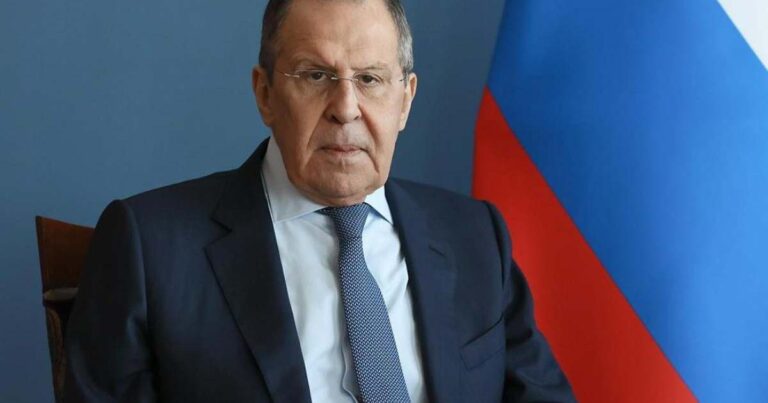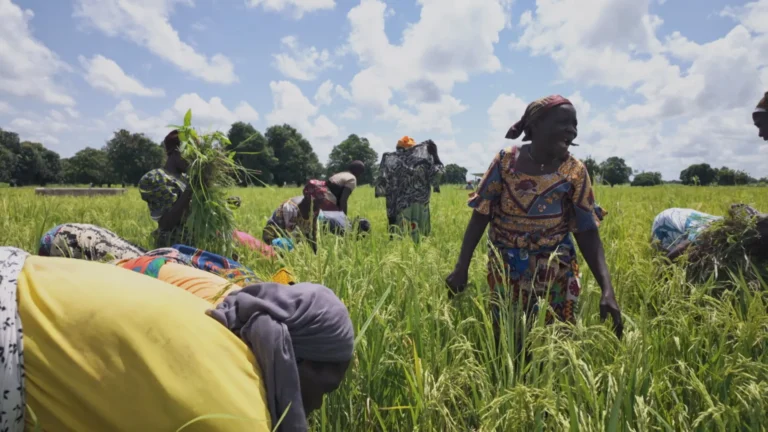
Rabat is set to host the third edition of the Africa Economic Symposium (AES) on July 14–15, 2025, an event that has rapidly become a cornerstone in Africa’s economic policy discourse.
Organised by the Policy Center for the New South (PCNS), the symposium will convene leading economists, policymakers, and academics under the theme “Bold choices in the face of global change.”
This year’s AES arrives at a time of heightened global uncertainty, marked by escalating geopolitical tensions, persistent inflation, and intensifying fiscal pressure across the continent.
The gathering seeks to provide a collaborative platform to reassess Africa’s economic trajectory and explore transformative strategies.
The symposium will feature two main thematic pillars.
The first focuses on macroeconomic policy challenges, including monetary stability, fiscal sustainability, and evolving public policy preferences.
The second will examine key levers of economic transformation in Africa, with discussions centred on the African Continental Free Trade Area (AfCFTA), regional economic corridors, digital currencies issued by central banks, and innovative approaches to development financing.
Among the headline speakers are Andrew Dabalen, Chief Economist for the Africa Region at the World Bank Group; Nardos Bekele-Thomas, Managing Director of the African Union Development Agency (AUDA-NEPAD); and Melaku Desta, who leads the African Trade Policy Centre at the UN Economic Commission for Africa.
Additional notable voices include Arkebe Oqubay Metiku, a distinguished professor at SOAS in London and former advisor to the Ethiopian Prime Minister, as well as Faizel Ismail, Director of the Nelson Mandela School of Public Governance.
Backed by the Policy Center for the New South—also known for initiatives like the Atlantic Dialogues and APSACO forums—the AES has become a premier venue for forward-looking policy debate.
Previous editions have drawn over 200 participants from more than 40 countries, underscoring its growing influence in shaping Africa’s economic future.



